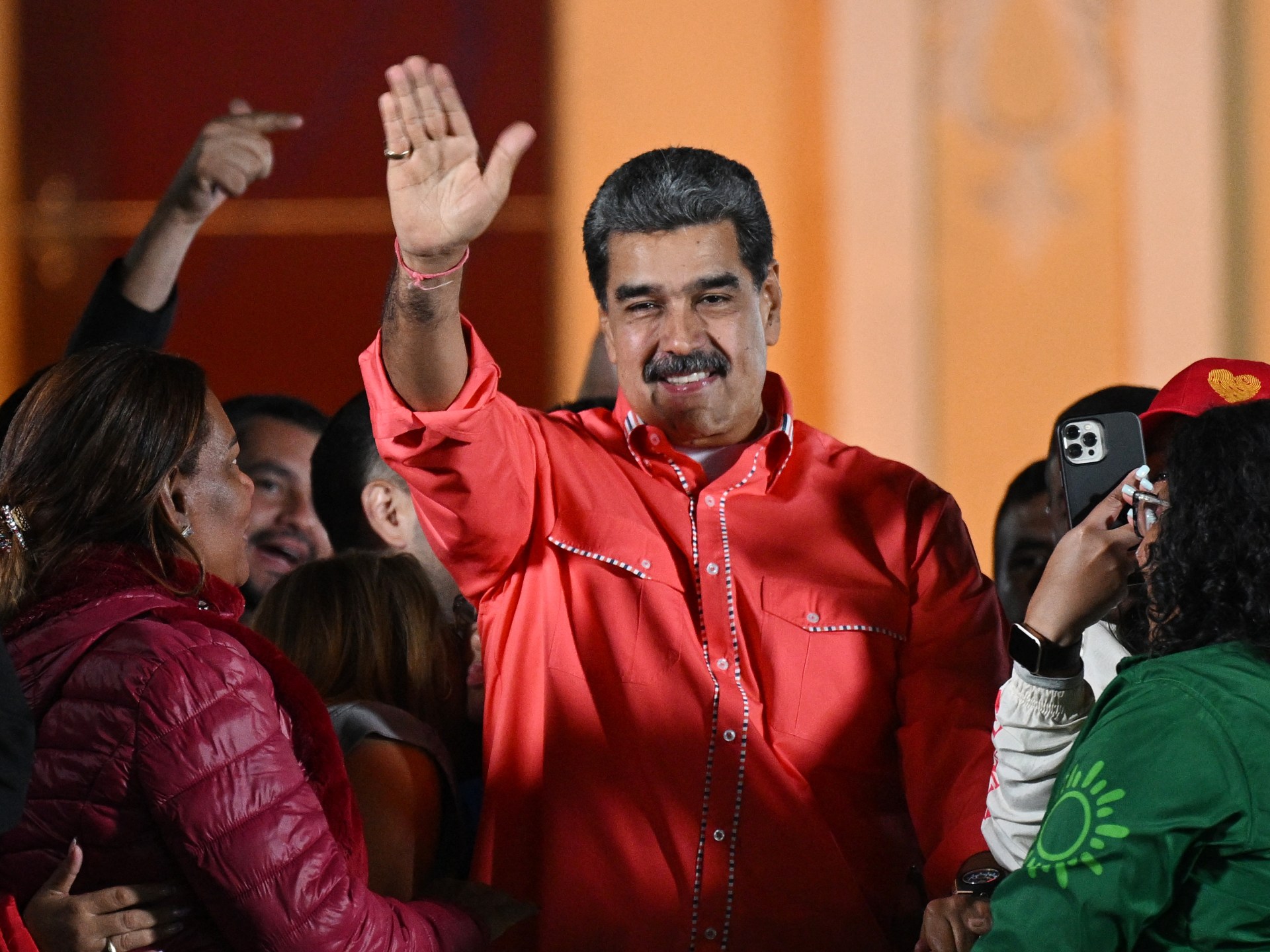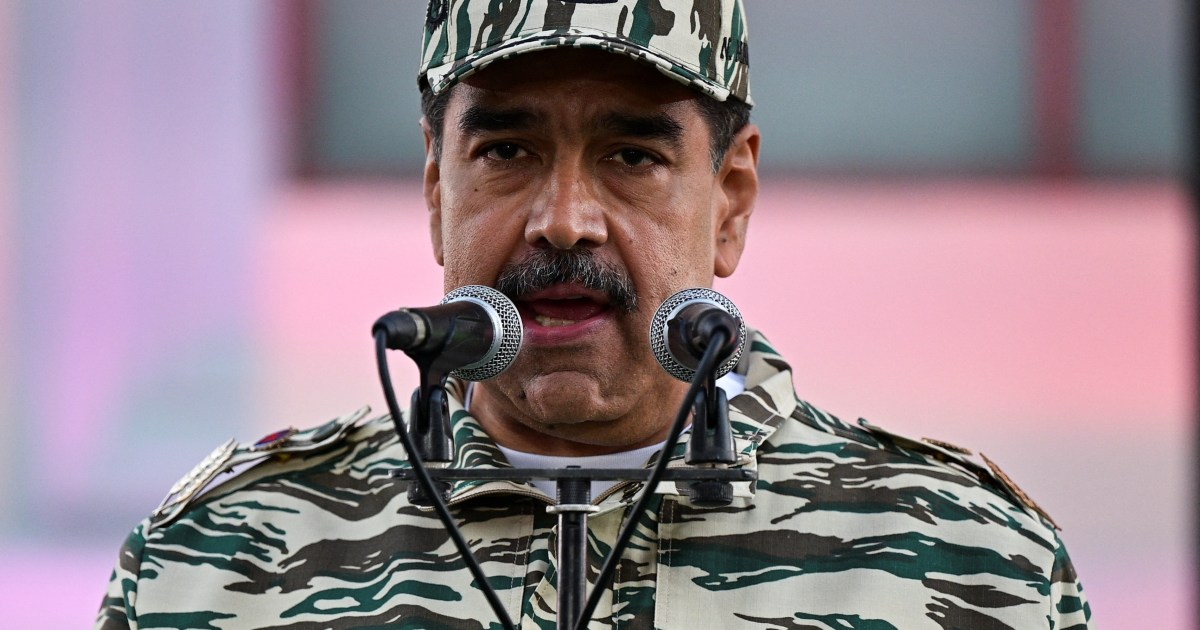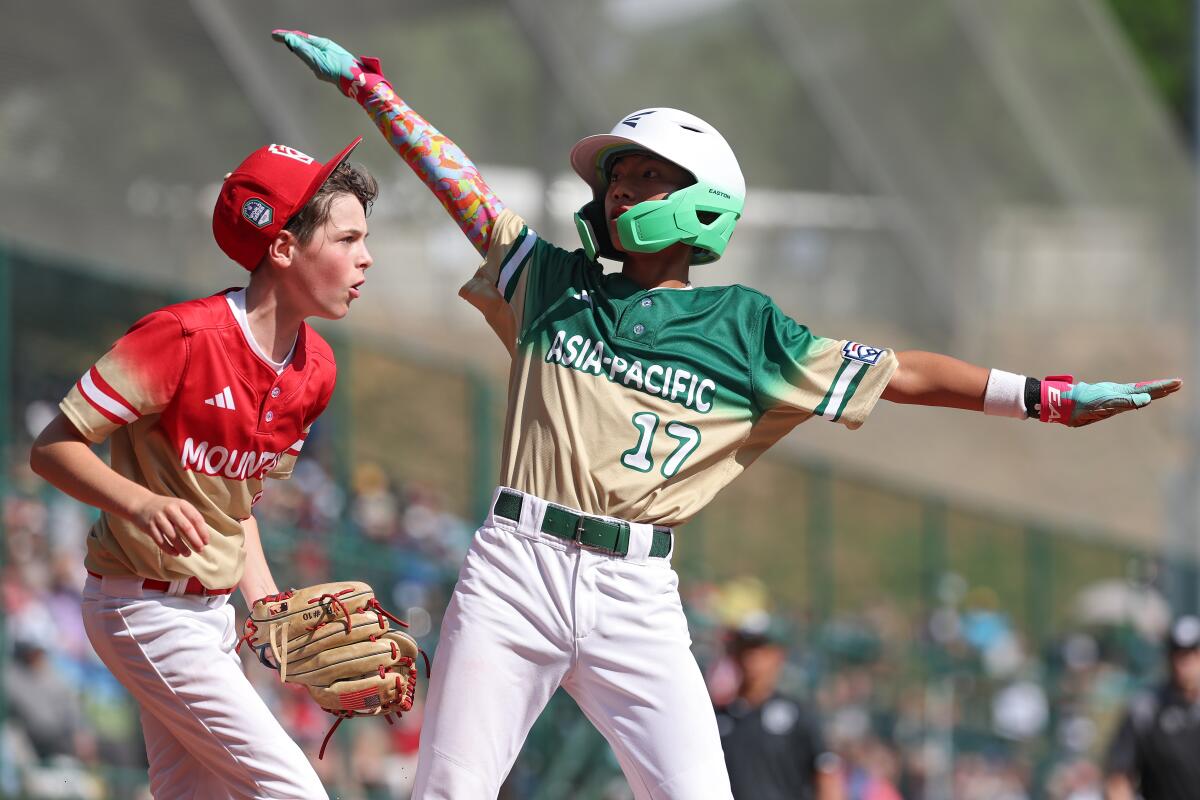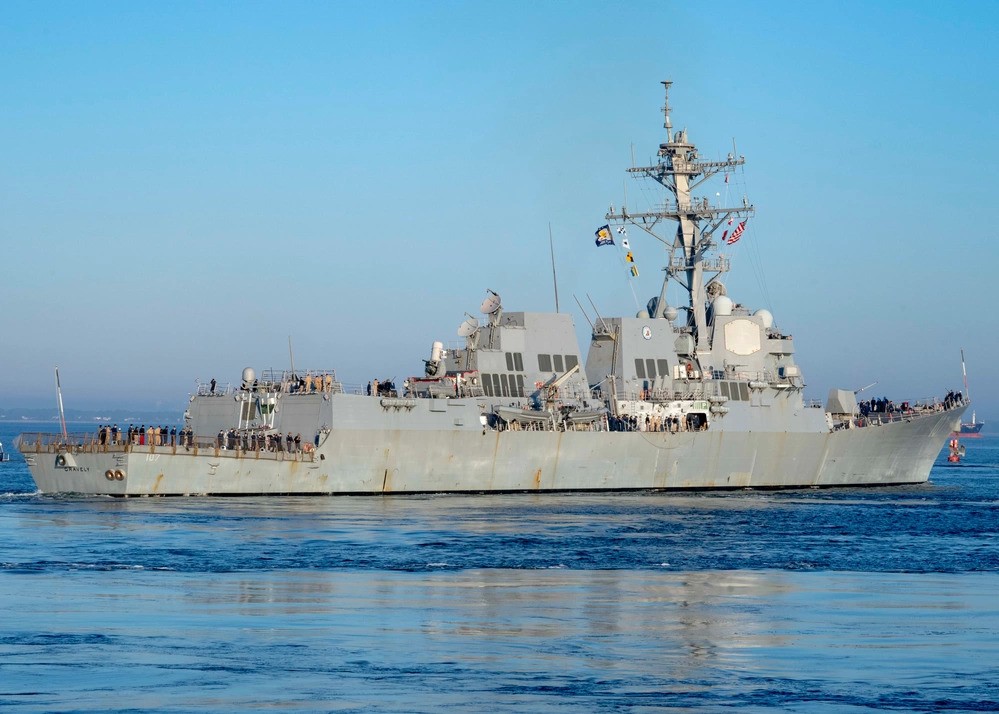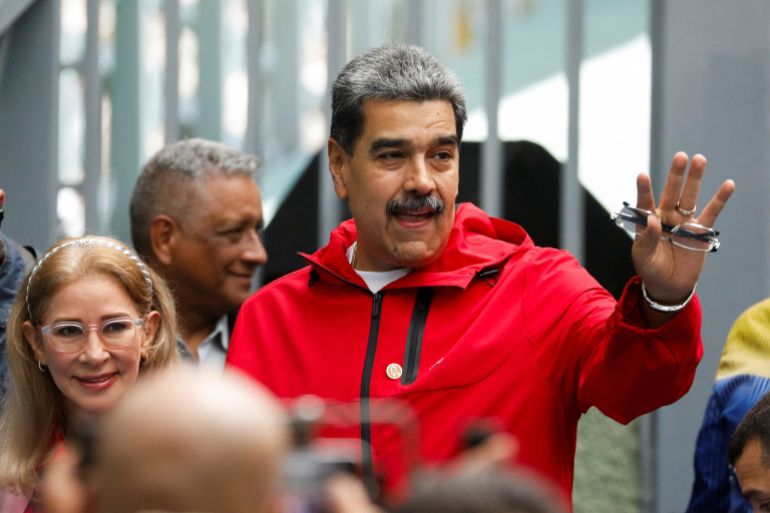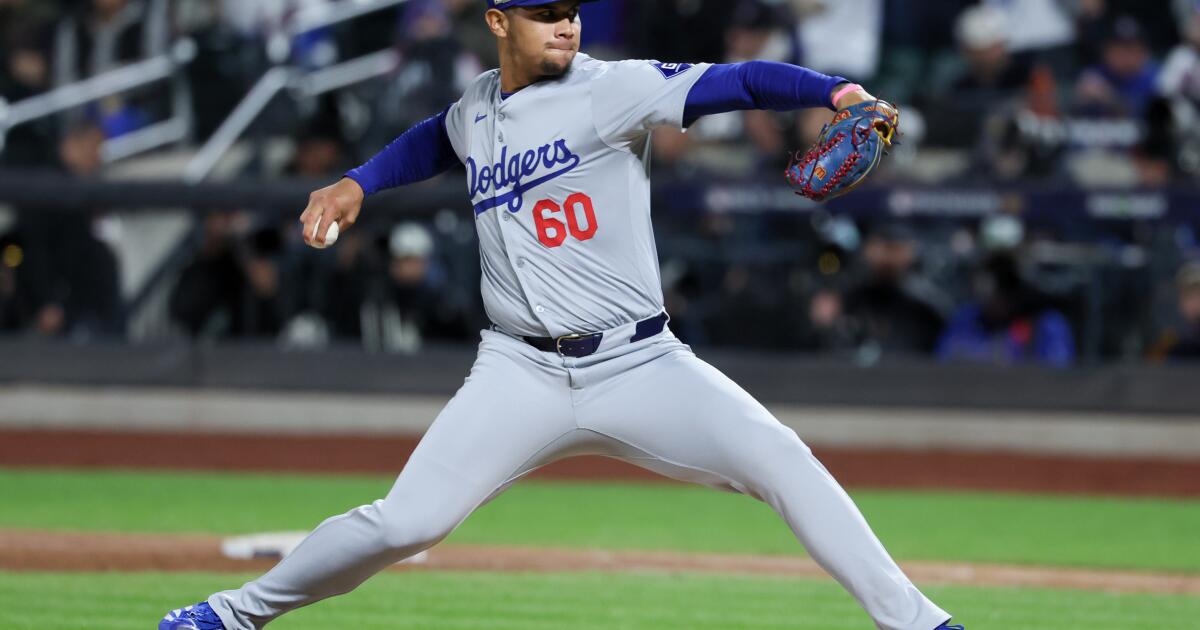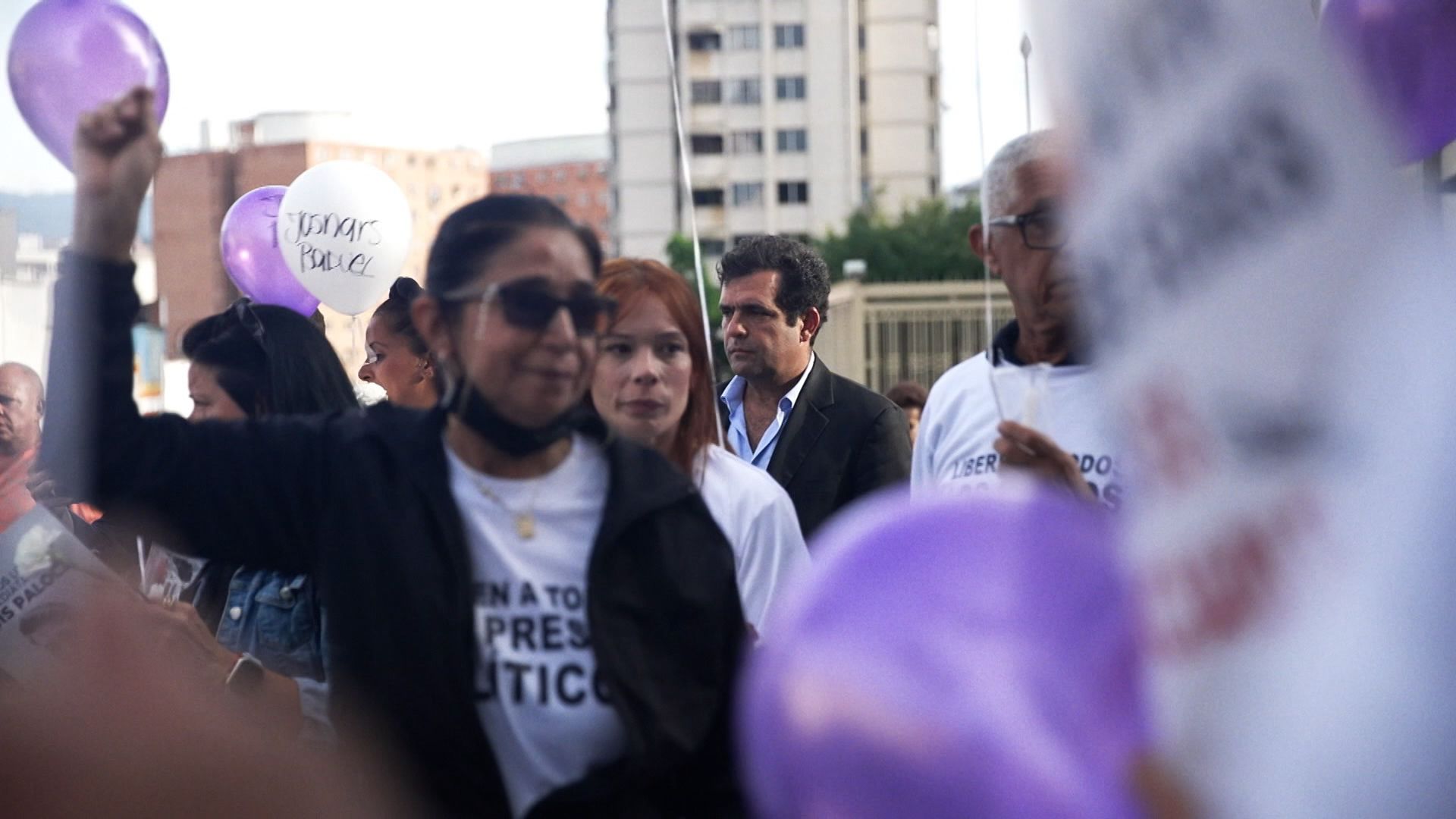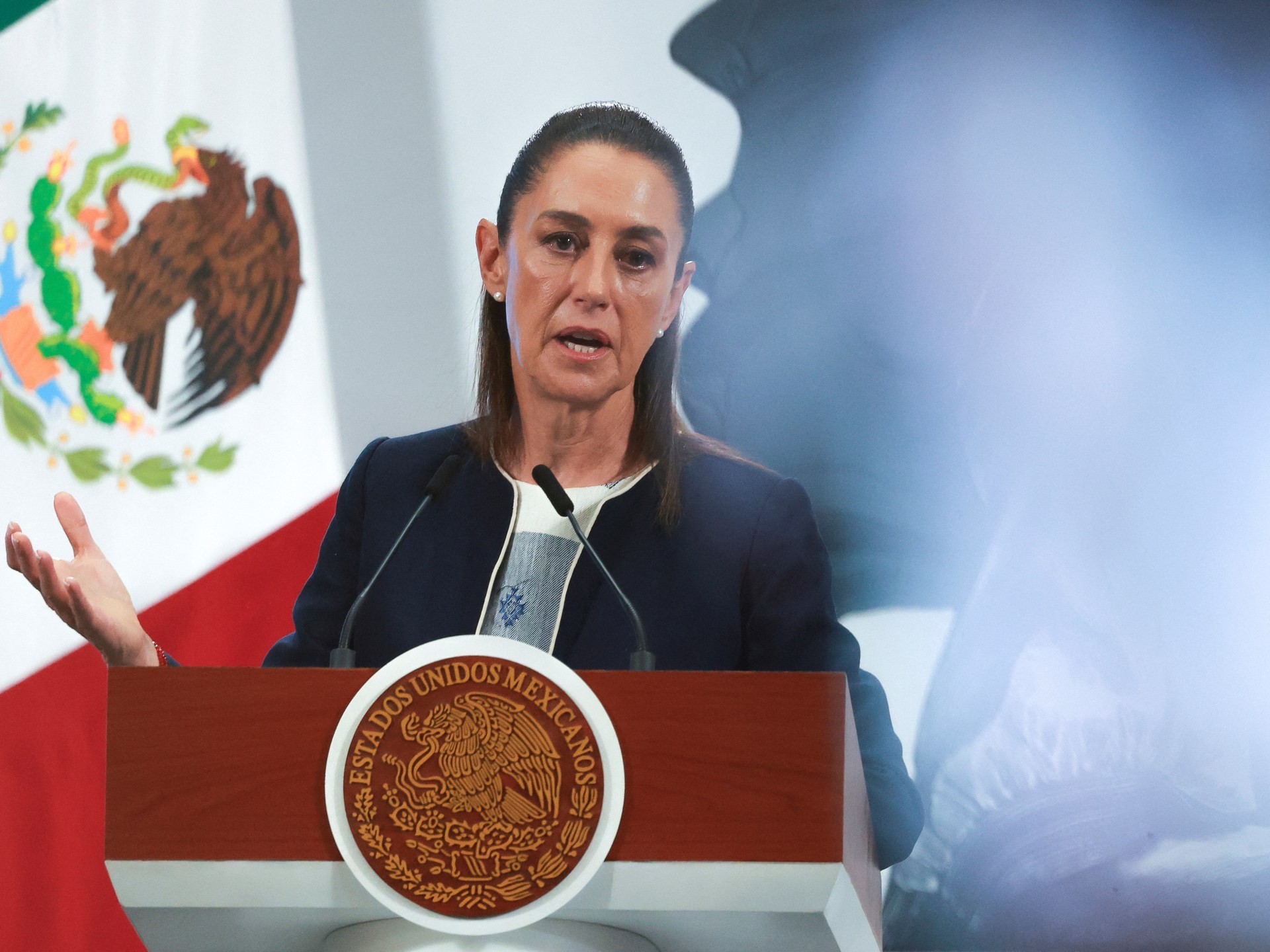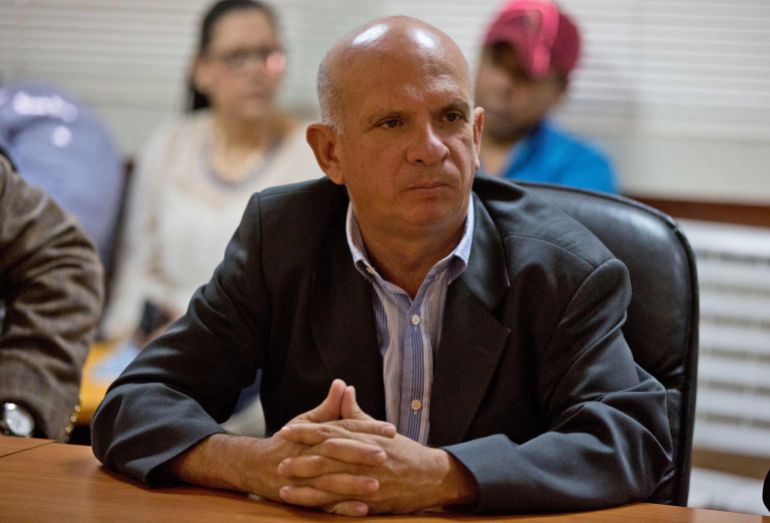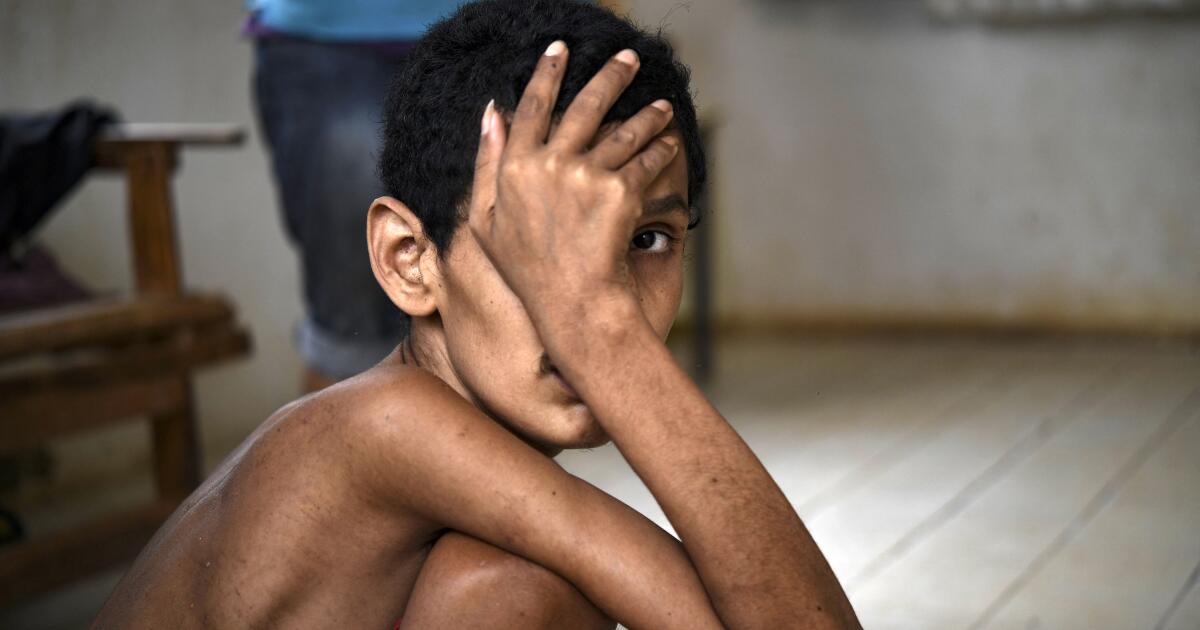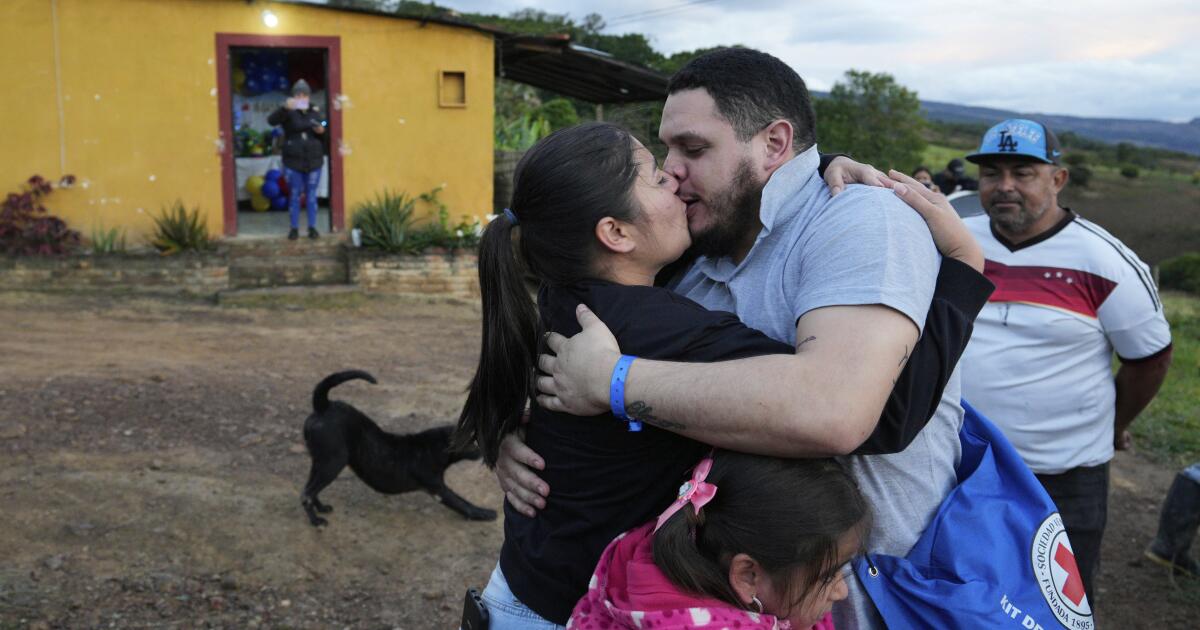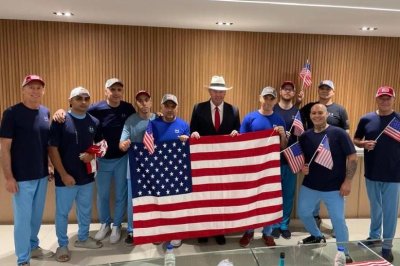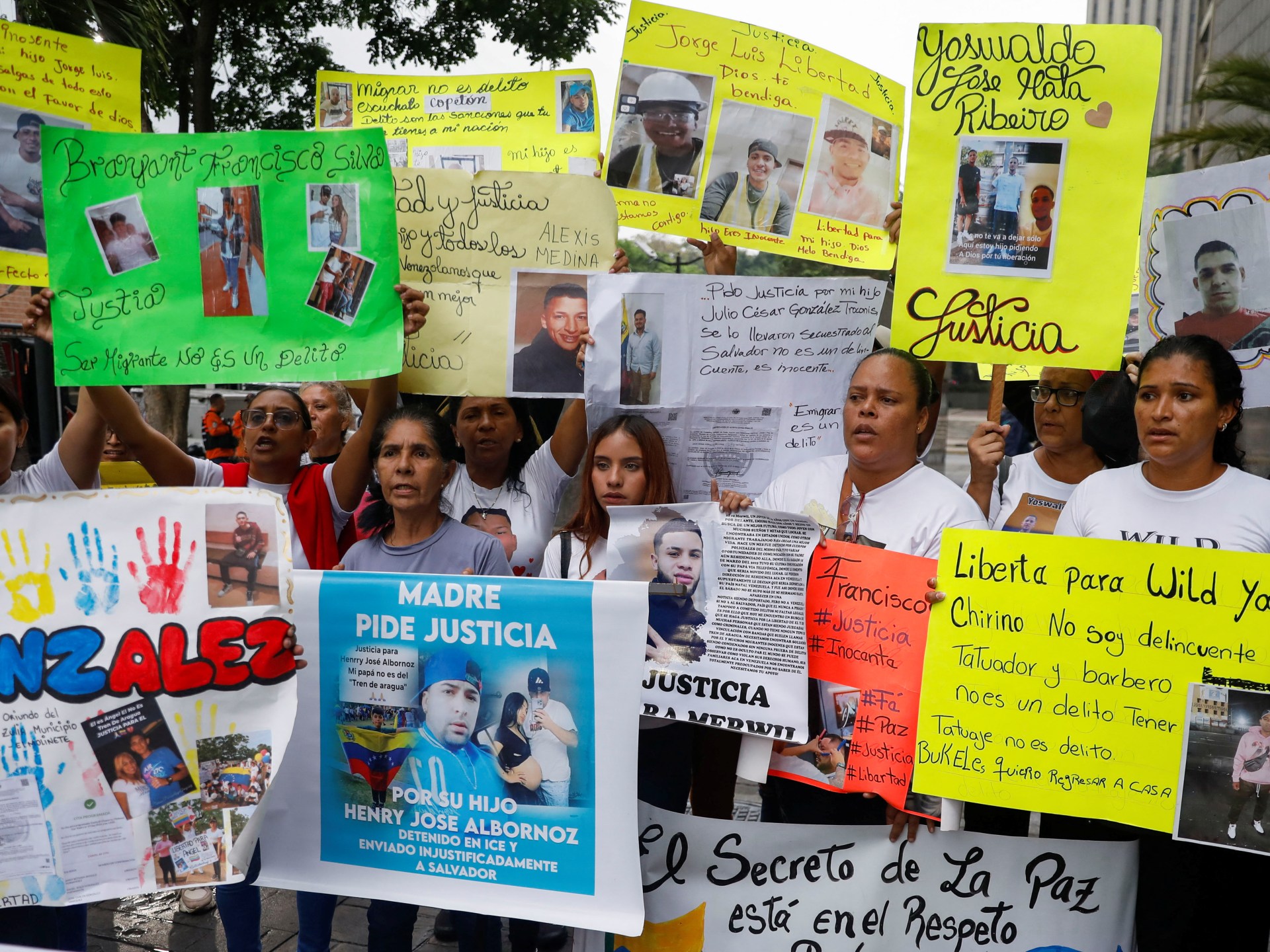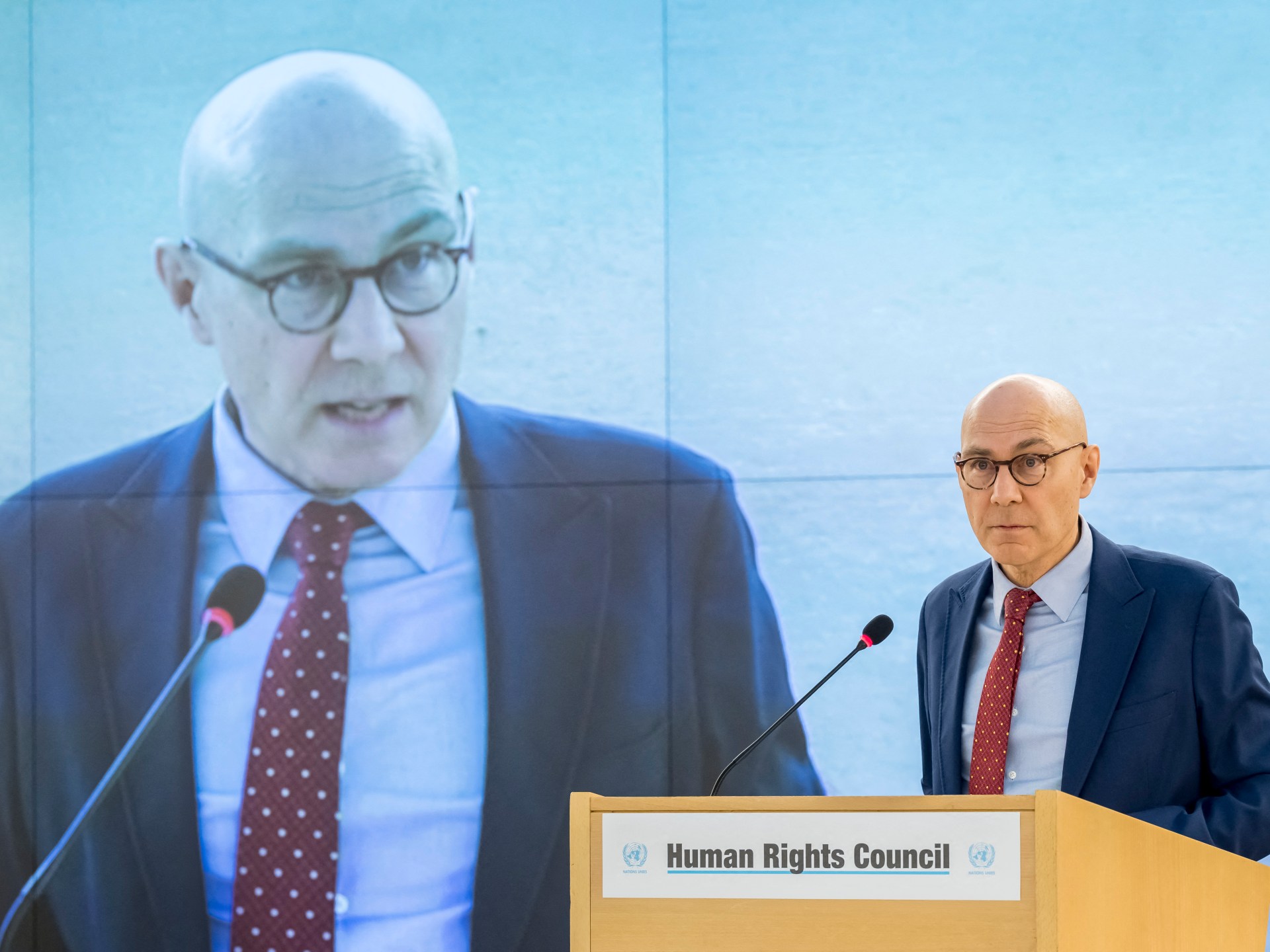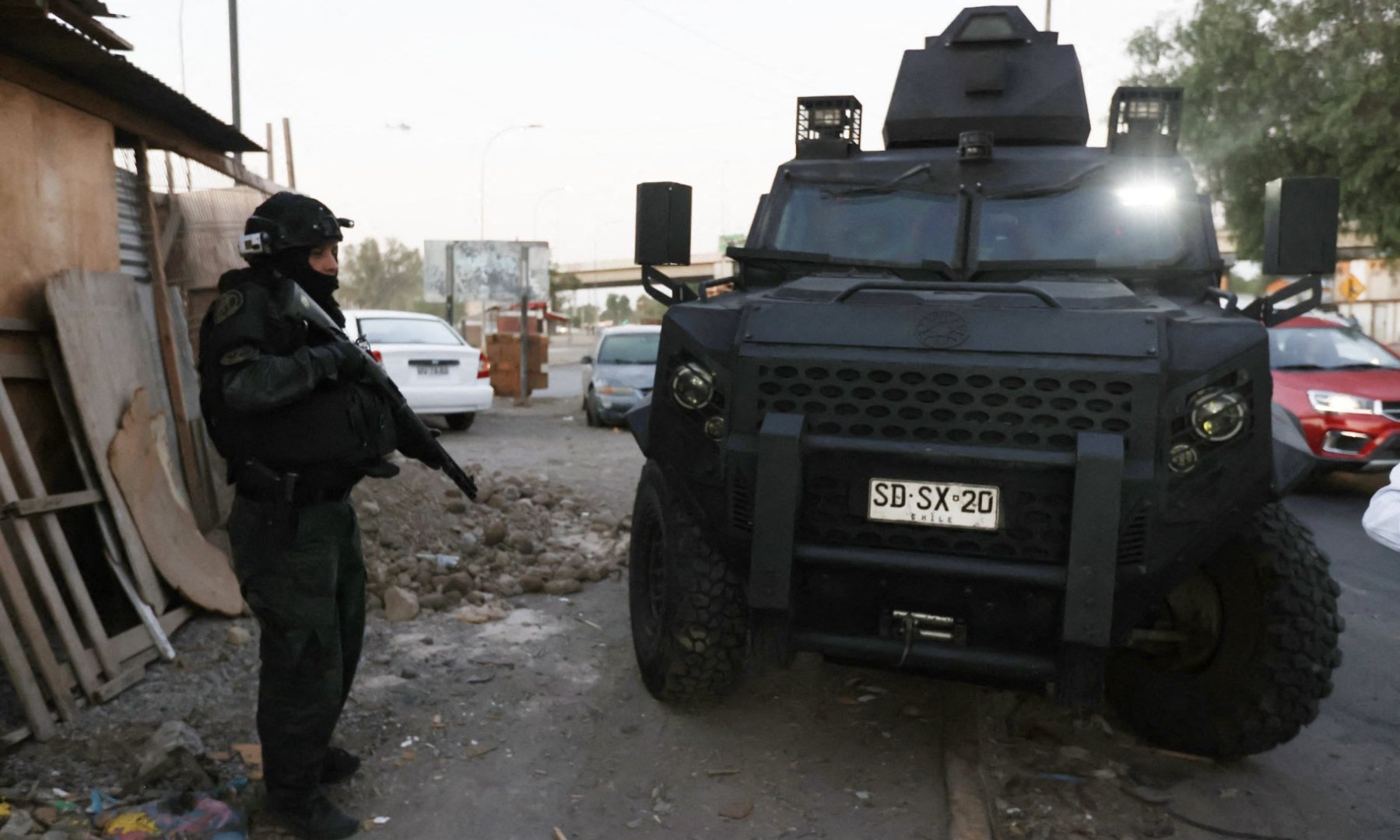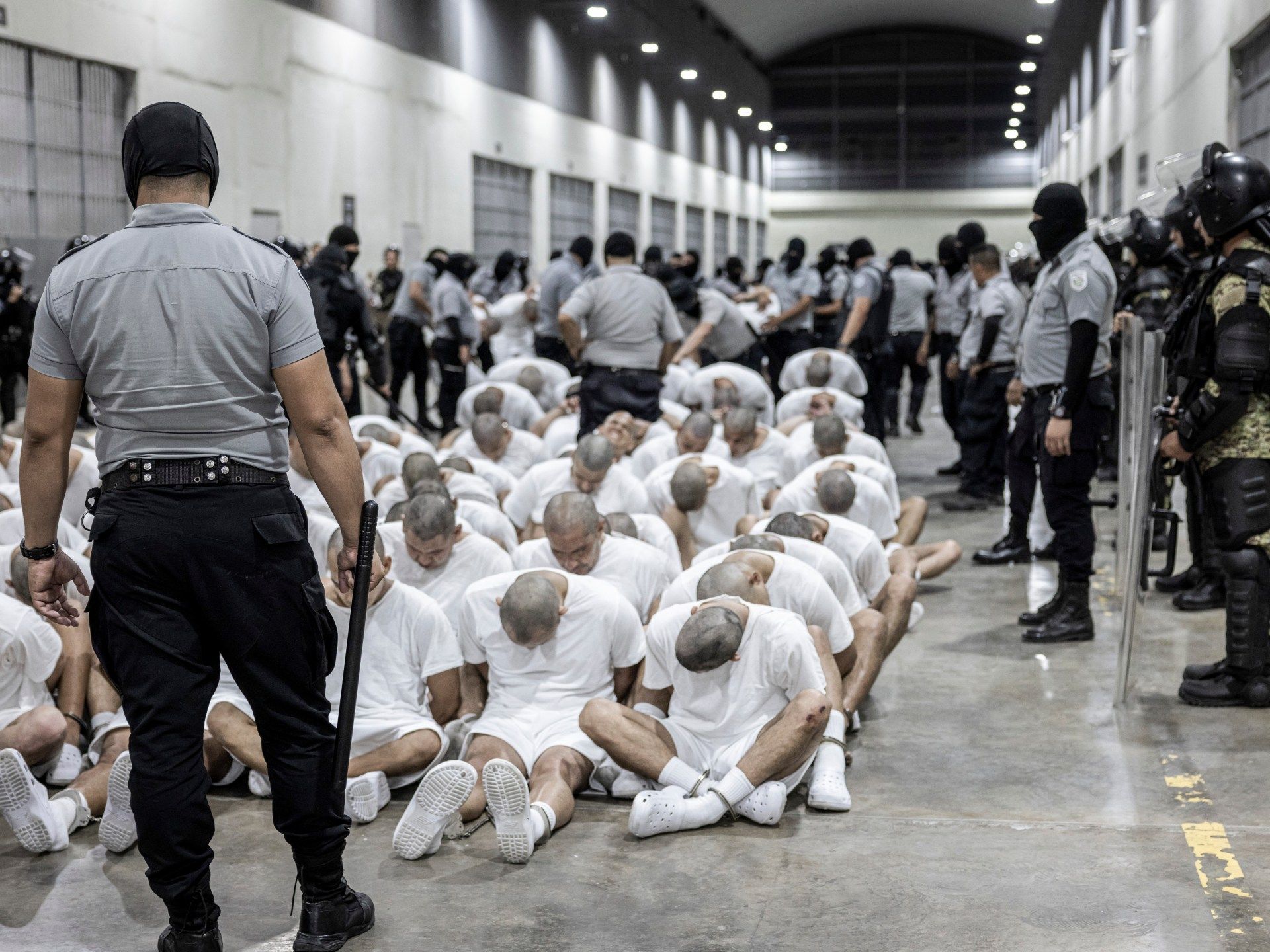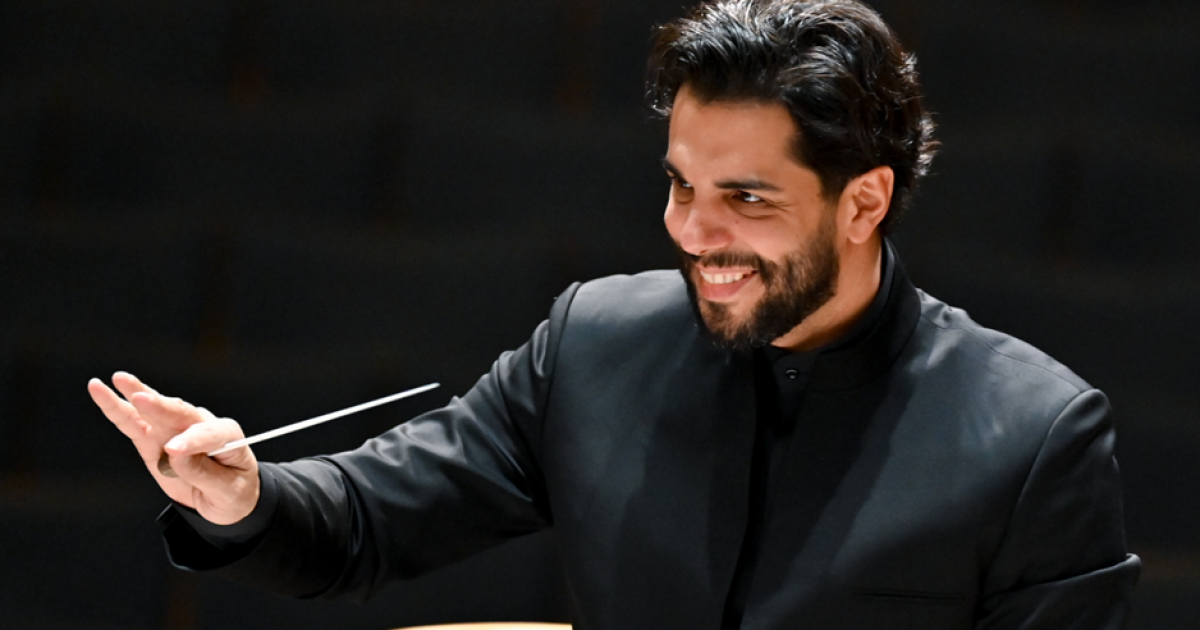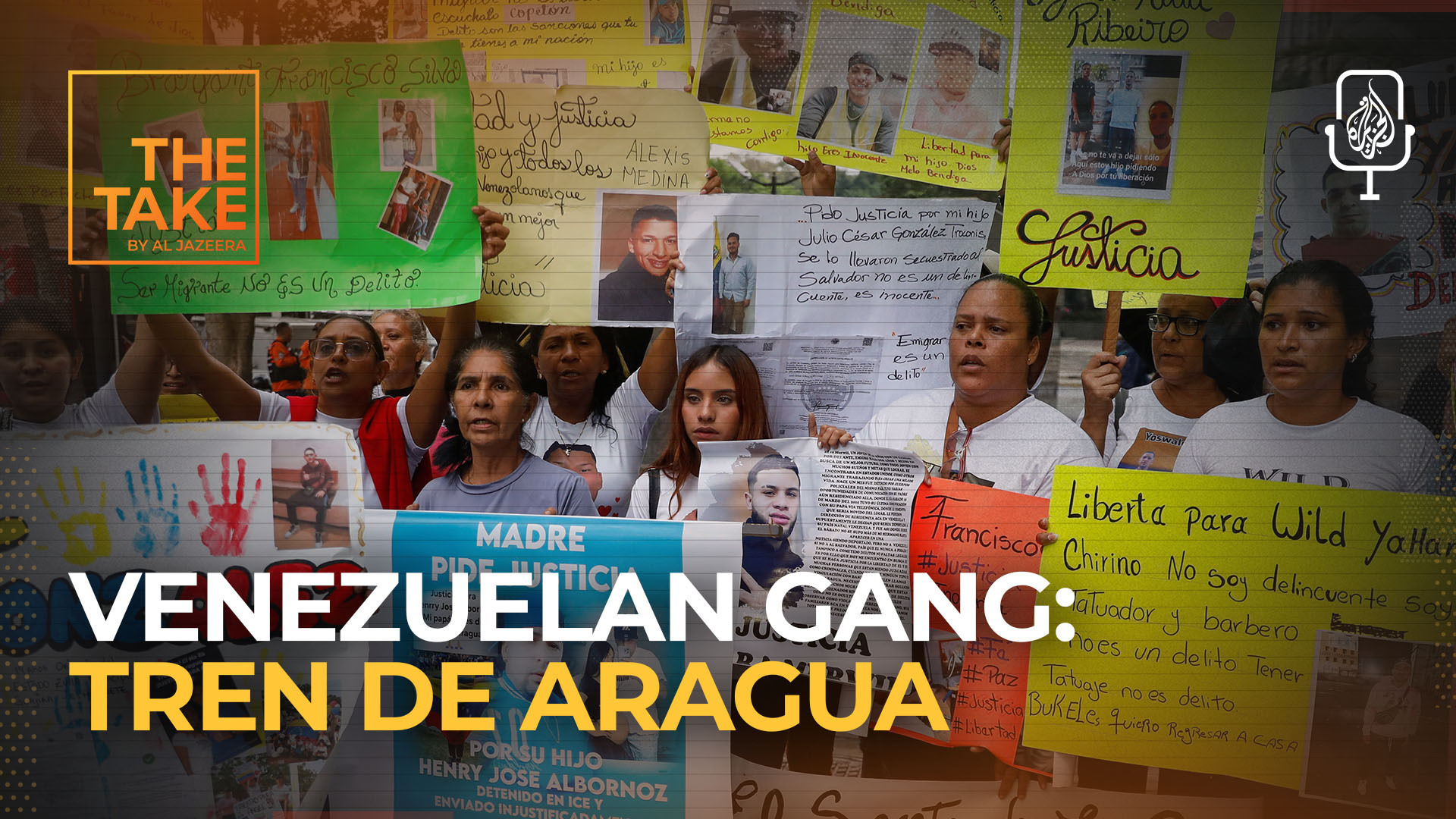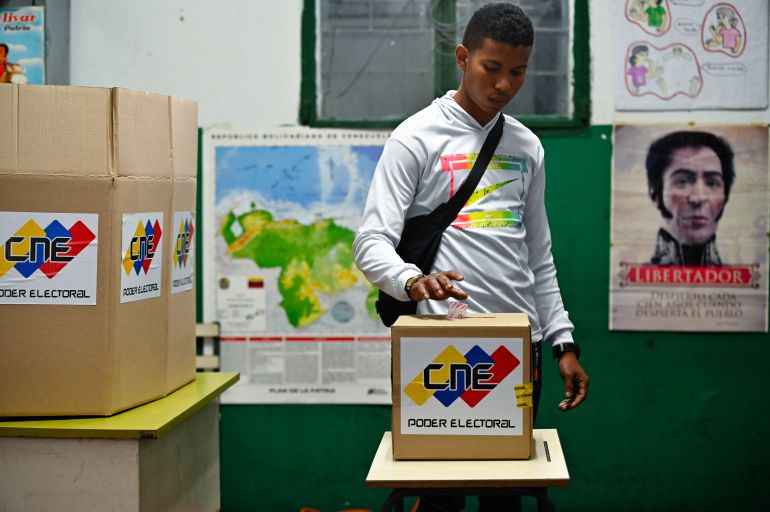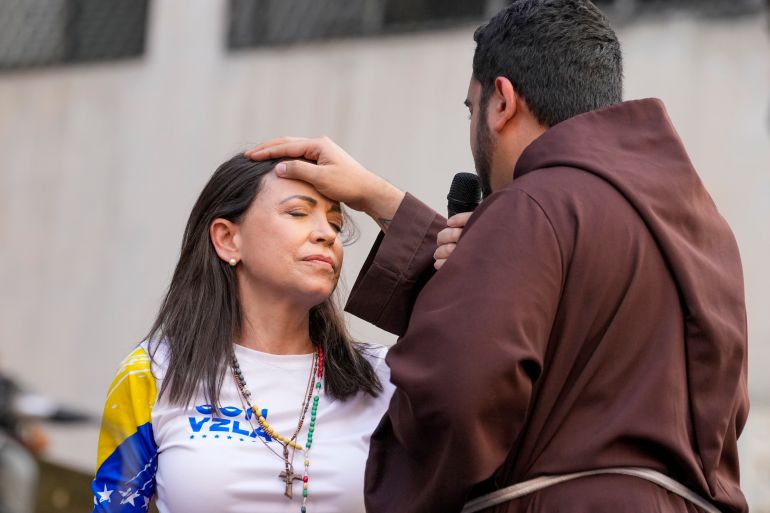US warships head to Venezuela: Fight against cartels or imperial ambition? | Donald Trump News
The United States warships are approaching Venezuelan waters in the southern Caribbean as part of President Donald Trump’s effort to fight drug trafficking, reports said.
The Trump administration has accused Venezuela’s left-wing President Nicolas Maduro of being involved in cocaine trafficking and working with drug cartels. On August 7, the US Departments of State and Justice doubled the reward for information leading to the arrest of Maduro to $50m after accusing him of being “one of the largest narco-traffickers in the world”.
In response, Maduro has urged millions of Venezuelans to join militias, saying, “No empire will touch the sacred soil of Venezuela.”
On Monday, the Venezuelan government announced that it is sending 15,000 troops to its border with Colombia to fight drug trafficking, amid growing pressure from the Trump administration.
So why are the US warships heading to Venezuelan waters, and how is it being seen in Latin American nations, including Venezuela?
Why is the Trump administration sending navy warships to Venezuelan waters?
Multiple news reports say that the Trump administration has dispatched navy warships to the southern Caribbean, saying that these missions are intended to counter threats to US national security posed by organisations in the region that the US has designated as “narco-terrorist organizations.”
The New York Times reported last month that Trump signed a secret directive ordering the Pentagon to use military force against certain Latin American drug cartels that the US has deemed foreign “terrorist” organisations.
On Monday, the Reuters news agency reported that the US ordered additional ships to the southern Caribbean, citing two sources familiar with the deployment.
The sources told Reuters, on the condition of anonymity, that the USS Lake Erie, a guided missile cruiser and the USS Newport News, a nuclear-powered fast attack submarine, will arrive in the region by early next week.
Last week, multiple news agencies reported that three US Aegis-class guided missile destroyers were headed to Venezuelan waters.
According to two individuals briefed on the deployment – who anonymously spoke to Reuters – the USS San Antonio, USS Iwo Jima and USS Fort Lauderdale were headed towards the Venezuelan coast, carrying 4,500 US service members, including 2,200 Marines.
In both the reports, Reuters said that the unnamed sources refrained from disclosing the specific objectives of the deployments but indicated that recent military movements were intended to address threats to US national security posed by designated “narco-terrorist organizations.”
On August 14, the US Fleet Forces Command published a news release saying that sailors and Marines assigned to the Iwo Jima Amphibious Ready Group had departed from Norfolk, Virginia and Camp Lejeune, North Carolina. The news release does not explicitly state details of the mission or specify where the group is being deployed.
The release says, “More than 4,500 Sailors and Marines from the 22nd MEU comprise the force aboard the ARG’s three amphibious ships: flagship USS Iwo Jima (LHD 7), and the San Antonio-class amphibious transport dock ships USS San Antonio (LPD 17) and USS Fort Lauderdale (LPD 28).”
Reporters asked White House press secretary Karoline Leavitt about the possibility of US boots on the ground in Venezuela on August 19. In response, she said, “President [Donald] Trump has been very clear and consistent. He’s prepared to use every element of American power to stop drugs from flooding into our country and to bring those responsible to justice.”
Leavitt reiterated that the US does not recognise Maduro’s administration as the legitimate government of Venezuela. Maduro won last year’s disputed election. The US and Venezuela have not had a formal diplomatic relationship since 2019.
How is Trump cracking down on drug trafficking?
On his inauguration day on January 21, Trump signed an executive order designating international drug cartels as foreign “terrorist” organisations.
“In certain portions of Mexico, they function as quasi-governmental entities,” the order says. Mexico opposed the order because it created the threat of US military action against the country.
In response, Mexican President Claudia Sheinbaum said that her government will cooperate with the US to fight drug trafficking, but opposed US intervention on Mexico’s territory. “What we insist on is the defence of our sovereignty and our independence,” she said back in January.
Trump also accused Canada and Mexico of failing to prevent fentanyl, a highly addictive synthetic opioid, from entering the US – although he has not furnished proof for his claims.
After Trump threatened tariffs on Mexican imports, Sheinbaum deployed 10,000 National Guard troops to the US-Mexico border to help regulate immigration.
On February 20, the US State Department designated eight international cartels as foreign terrorist organisations, including Mexico-based Cartel del Golfo, Sinaloa Cartel, Cartel de Jalisco Nueva Generacion, Carteles Unidos, La Nueva Familia Michoacana and Cartel del Noreste, California-based Mara Salvatrucha (MS-13), and Venezuela-based Tren de Aragua.
Later in February, Mexico handed over 29 drug cartel leaders to the US.
What has the US accused Maduro of?
US officials accused both Maduro and Venezuelan Minister of Popular Power for Interior Diosdado Cabello of collaborating with the Cartel de los Soles (“Cartel of the Suns”), a drug trafficking organisation that Washington has designated as a “terrorist” group. Cabello, like Maduro, is part of the ruling United Socialist Party of Venezuela (PSUV).
Maduro has rejected the Trump administration’s accusations earlier. The US government has not provided any evidence linking Maduro to drug cartels.
The US announced earlier this month that it had doubled the reward for Maduro’s capture on drug charges to $50m. In a video on August 7, US Attorney General Pam Bondi also accused Maduro of collaborating with the Venezuelan crime syndicate Tren de Aragua and the Sinaloa Cartel in Mexico. “He is one of the largest narco-traffickers in the world,” Bondi said about Maduro.
Today, @TheJusticeDept and @StateDept are announcing a $50 MILLION REWARD for information leading to the arrest of Nicolás Maduro. pic.twitter.com/D8LNqjS9yk
— Attorney General Pamela Bondi (@AGPamBondi) August 7, 2025
Earlier this year, the US also raised the reward for the arrest or prosecution of Cabello from $10m to $25m.
During Trump’s first term in 2020, Maduro and his close allies were indicted in Manhattan federal court on federal charges of “narco-terrorism” and conspiracy to import cocaine. Back then, Washington offered a $15mm reward for his arrest. The administration of US President Joe Biden increased this bounty to $25m.
How has the Venezuelan government responded?
On Monday, Cabello announced that Caracas will send 15,000 troops to strengthen security in the border states of Zulia and Tachira, which border Colombia.
“Here, we do fight drug trafficking; here, we do fight drug cartels on all fronts,” the minister said, while also announcing the seizure of 53 tonnes of drugs so far this year.
Cabello stated that the enhanced security measures along the border with Colombia, aimed at “combating criminal groups,” will also include the deployment of aircraft, drones and riverine security, according to local media outlet Noticias Venevision. Cabello urged Colombian authorities to take similar steps to “ensure peace along the entire axis.”
Referring to the deployment of US warships on Venezuelan waters, Maduro said, “From the north, the empire has gone mad and, like a rotten rehash, has renewed its threats to the peace and stability of Venezuela,” Caracas-based news network, Globovision reported.
“We are not fakes nor drug traffickers, and we will defend the dignity of beloved Venezuela,” Defence Minister Vladimir Padrino Lopez told a crowd of military recruits over the weekend.
How have Venezuelan opposition leaders responded?
Opposition figure Marina Corina Machado called Maduro the “head of the Cartel of the Sun,” in an X post on Monday. Machado was disqualified weeks before last year’s election.
But opposition leader Henrique Capriles warned against an act of force against Venezuela. “We firmly express our rejection of any act of force against Venezuela, regardless of its origin. The sovereignty of our country is sacred and must be unconditionally respected. The United Nations Charter and International Law clearly establish that no State can attack another, as it would result in the loss of human lives,” he posted on X.
Capriles, who lost to Maduro in the 2013 presidential election, added that regional peace must be defended.
“The government, currently in power, has the duty to open the doors and create the mechanisms necessary to prevent our crisis from worsening further.”
Juan Guaido, the West-backed interim president between 2019 and 2022, supported the actions taken by the United States against Venezuelan cartels. “The Cartel of the Suns and the Tren de Aragua have already been designated as terrorist organizations. Their leader is not hidden in the shadows: his name is Nicolas Maduro, a dictator responsible for this criminal network that drains Venezuela and threatens the entire region,” he posted a statement on X on Monday.
What have other Latin American leaders said?
Mexico’s Sheinbaum said earlier this month that her government does not have any evidence linking Maduro to the Sinaloa Cartel, which is based in her country and is named after the Mexican state of Sinaloa.
On the other hand, the office of the president of Paraguay, Santiago Pena Palacios, posted a statement on X on Friday declaring the “Cartel of the Suns” a foreign terrorist organisation.
